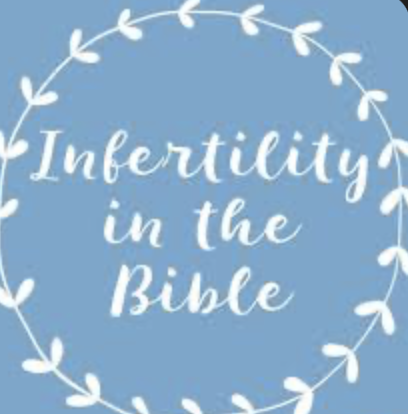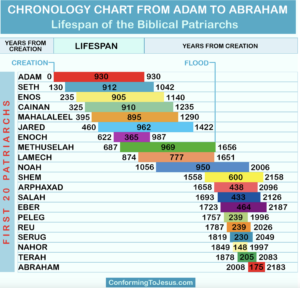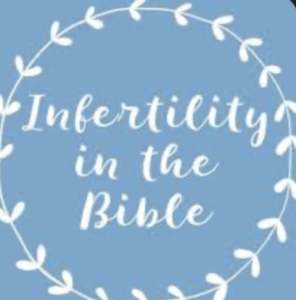
In our study of Genesis, one theme is very evident. A number of the stories relate to women who are unable to have children, and deemed to be barren. We have Sarah, Rebecca, Rachel and Hannah who suffer from this medical issue, but are finally able to have children – when they least expected it.

The stories that we read within Genesis are ones that provide a start, middle and end. In that we can read the complete story. For many women reading this story today, they may be in the midst of this trauma, unable to see the whole story, probably unable to see the ending. That may give them some hope.
It may also be interesting that the authors of Genesis – all men –
wanted to write so often about women being barren.
The men in question weren’t young virile specimens either – check out their (estimated) ages in the image above.

There was an expectation, in that society then, that the primary role of women was to be mothers. God had said, on numerous occasions, that a new nation was to be created, and those that God had that covenant with, were to ‘fill the land with progeny’. Hence, a barren woman was of little support to complete that specific objective. It also was to be tough on that woman as well: not only medically, mentally, and psychologically struggling, she was to share her husband with other women so that children could be born. Servants, possibly more youthful, were permitted to sleep with the husband to enable children to ‘be of the line’. The wife may well have felt demeaned, denigrated and second rate?
To the Hebrews, the message reinforced the understanding that God held the keys of life and death, and the participants of our story should trust in God. Many of the great leaders, as they wandered across Canaan, grew in prosperity, riches, had many head of cattle – we may have read of the expensive gifts they were each given when children were married. They were not paupers.
and Today?
We might wish to consider whether this theme of children within Genesis holds any merit today. Do we feel that surrogacy is a way forward of allowing couples of raising a family?
What do women who are medically barren feel as they read this story, especially if after prayer, they still are unable to have children? And the sheer exorbitant cost of seeking any alternative solutions.
In our society today, we see and hear many instances of a desire to become rich, whereas the desire for relationships may be dwindling. In many countries they are facing a ‘drought of children’ as couples face that dilemma of earning good salaries so put a roof over their heads but then contemplate that a family is out of the question. We have extremes with some families having multiple children but insufficient income to sustain the family. It’s not one or the other, but a blend, a harmony of being supported in loving relationships with sufficient money to provide for our needs that we may actually seek.
For some, reading through Genesis, as we are halfway through the first book of the Torah, we might take this opportunity to reflect on the plight of women who struggle with childbirth. On how the couple may reflect on unanswered prayer. Whether our society has the right emphasis on supporting families with ‘greater than the average number of children’.
What do you think?
I found the dialogue interesting and I enjoyed it